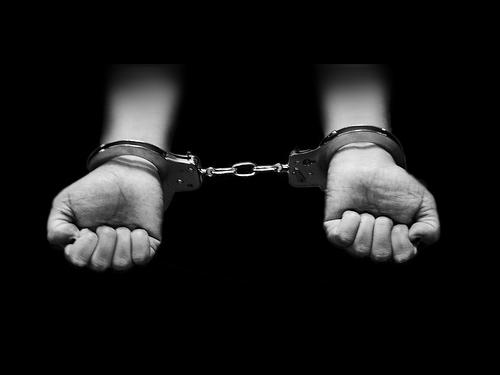Cops say iPhone spy logs are useful

News that iPhones and iPads secretly store location on where you've been and when has angered many, but it might help cops to catch crooks.

(Day #53 image by Tarter Time Photography, CC BY-SA 2.0)
Researchers Alasdair Allan and Pete Warden revealed the secret spy feature at the Where 2.0 Conference in California. They claimed that the feature resides on 3G Apple iOS 4 iPhones and iPads, and records information on the whereabouts of users along with timestamps.
This is stored in an unencrypted format on any computer that syncs the devices.
Tasmania Police detective senior sergeant Luke Manhood speculated that such data may make valuable evidence if captured by devices owned by suspects.
"It provides another potential source of evidence, though we have not begun to research this as yet," Manhood said.
"We would of course take a look at the data where relevant, but we would have to have a suspect that has an iPhone that we can get hold of.
"Maybe in the instance that someone is stalking, the data could be useful."
The use of the data would likely be a first for police. Geo-tagged photographs — which reveal the location where photos are taken — have been used as evidence, but it is unclear if police have used social networking sites like Facebook and 4Square to track or convict criminals.
Manhood said that it is unlikely that the data would place officers at risk, or jeopardise undercover investigations where their movements might be made known.
Victoria Police said only that the force used many devices.
Former head of the Australian Federal Police (AFP), and director of Canberra University's Centre for Internet Safety, Alastair MacGibbon, was furious at the news.
"Shame on Apple, they're no different from Google in its Wi-Fi incident," MacGibbon said. "I turn off location services and only use it for a few trusted services."
"Classic case of a large company that hasn't thought of the consequences of collecting data that it shouldn't be collecting."
Labor MP for Chifley and self-confessed Apple geek Ed Husic said that while his personal view is that community views about privacy are evolving, people still want to control how their data is used.
"Companies should always assume a cautious approach on the release of information and let consumers and the public make decisions on how that information is treated," he said.
"People appreciate that law enforcement agencies will have an ability to access information in particular situations, but I'd say the sooner this issue was dealt with by Apple, the better. Consumers would certainly feel a lot more comfortable about that."
Apple appears safe from legal recourse, because the use of location data is detailed within its albeit lengthy terms and conditions.
"It seems it is well within its rights to collect the information," said University of Queensland Professor of Law, Peter Black. "Even in the absence of that, it is difficult to identify a law in Australia that they would be breaking. We don't have common law [on the issue] and I don't think it would breach the National Privacy Act."
The notice is filed under the privacy section in the terms and conditions.
"We may collect information such as occupation, language, zip code, area code, unique device identifier, location, and the time zone where an Apple product is used so that we can better understand customer behaviour and improve our products, services, and advertising".
The issue may be a concern for the Department of Defence; its secretive spy agency, the Defence Signals Directorate, has flagged interest in iOS 4 devices including iPhones and iPads which may be used by employees as a replacement for work computers.
The DSD said only that it is evaluating Apple's operating system used on iPad and iPhone devices, adding that it is premature to comment on the progress of its current evaluations.
The other police agencies did not return requests for comment.